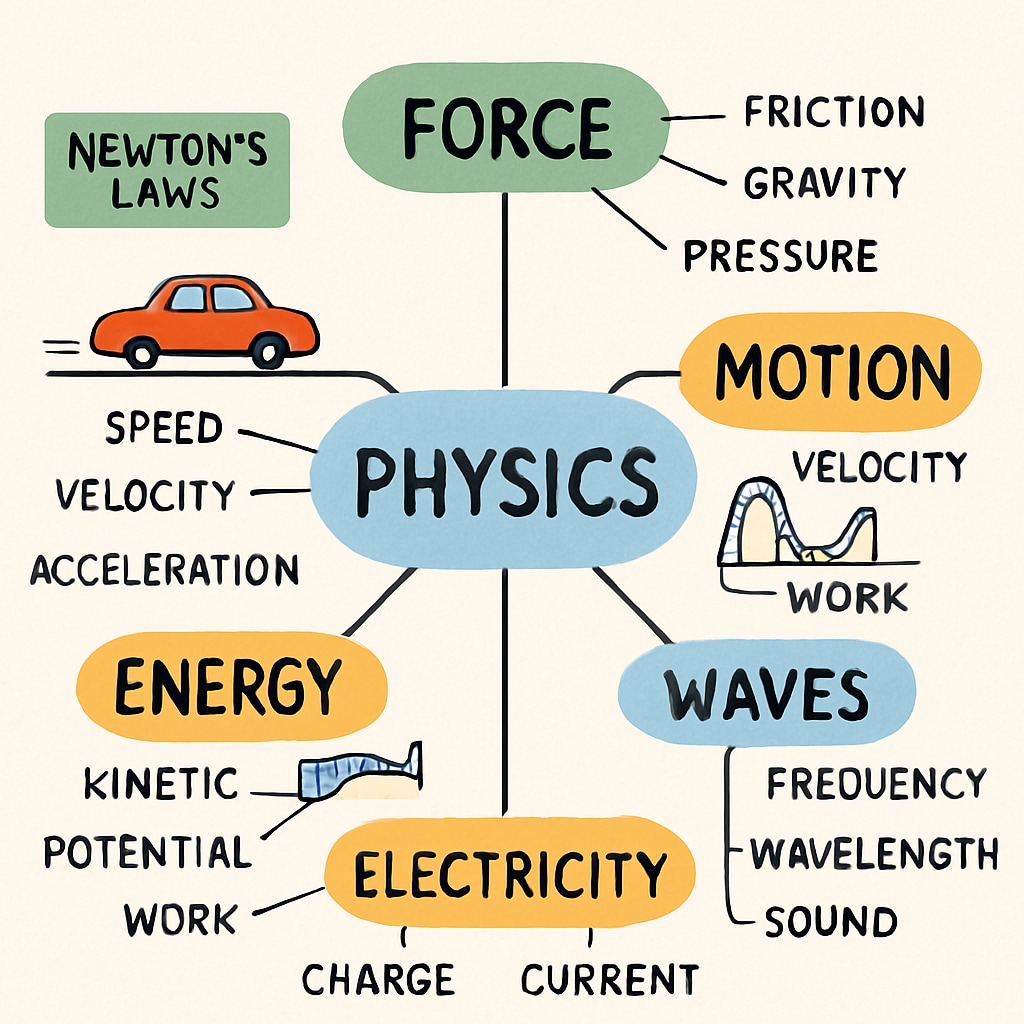Struggling with multiple failed subjects in a physics degree can be daunting, especially when time is limited. The stakes are high, but with effective time management, study strategies, and a clear action plan, it’s possible to turn the situation around. In this guide, we’ll outline systematic approaches to help students regain control, focus on critical content, and maximize learning efficiency under pressure.
Prioritize and Assess: Creating a Strategic Study Plan
The first step in tackling multiple failed subjects is understanding the scope of the challenge. Take time to assess the number of exams, the complexity of each subject, and how much time you realistically have to prepare. This will allow you to create a prioritized study plan.
- Rank subjects by urgency: Focus on subjects with higher stakes (e.g., prerequisites for future courses).
- Identify key topics: Review past exam papers, syllabi, or lecture notes to pinpoint frequently tested concepts.
- Set milestones: Break your study time into manageable blocks and assign specific goals to each block.
Remember, the goal is not to study everything but to study effectively. By narrowing your focus, you’ll save time and energy.

Efficient Study Techniques for Maximum Retention
When time is limited, traditional study methods may not be effective. Instead, use proven techniques designed to optimize learning:
- Active recall: Regularly test yourself on key topics rather than passively reviewing notes.
- Spaced repetition: Revisit information at increasing intervals to reinforce memory.
- Pomodoro technique: Work in focused 25-minute intervals, followed by short breaks, to prevent burnout.
- Visual aids: Use diagrams, flowcharts, or mind maps to simplify complex concepts.
For example, if you’re studying physics, focus on mastering foundational formulas and principles first. Resources like Physics on Wikipedia can provide concise summaries to complement your study.

Time Management Strategies to Stay on Track
Effective time management is the backbone of successful exam preparation. To make the most of your limited study window, implement these strategies:
- Time blocking: Allocate specific hours to study each subject and stick to the schedule.
- Eliminate distractions: Turn off notifications, use productivity apps, and find a quiet study space.
- Leverage technology: Use apps like Quizlet for flashcards or Khan Academy for conceptual understanding.
- Balance rest and study: Ensure you get adequate sleep and breaks to avoid cognitive overload.
As a result, you’ll not only improve your efficiency but also maintain your mental health during this challenging time.
Seek Support and Resources
Preparing for multiple exams doesn’t have to be a solo journey. Leverage available resources to enhance your preparation:
- Study groups: Collaborate with peers to share notes and discuss difficult concepts.
- Online platforms: Websites like Britannica’s Physics Resources offer detailed explanations and examples.
- Tutors: If possible, hire a tutor or attend review classes for targeted guidance.
In addition, don’t hesitate to reach out to professors or academic advisors for clarification on exam formats and key areas to focus on.
Final Thoughts: Turning Challenges into Opportunities
While preparing for multiple failed exams in a physics degree requires effort and resilience, it’s also an opportunity to develop valuable skills like discipline, strategic thinking, and problem-solving. By prioritizing tasks, adopting effective study techniques, and managing your time wisely, you can overcome academic setbacks and achieve success. Remember, setbacks are temporary, and with the right mindset and strategies, you can emerge stronger and more prepared for future challenges.
Readability guidance: Use short paragraphs and bullet points to summarize key concepts. Incorporate transitional words to improve the flow of ideas and avoid overly complex language for better comprehension.


